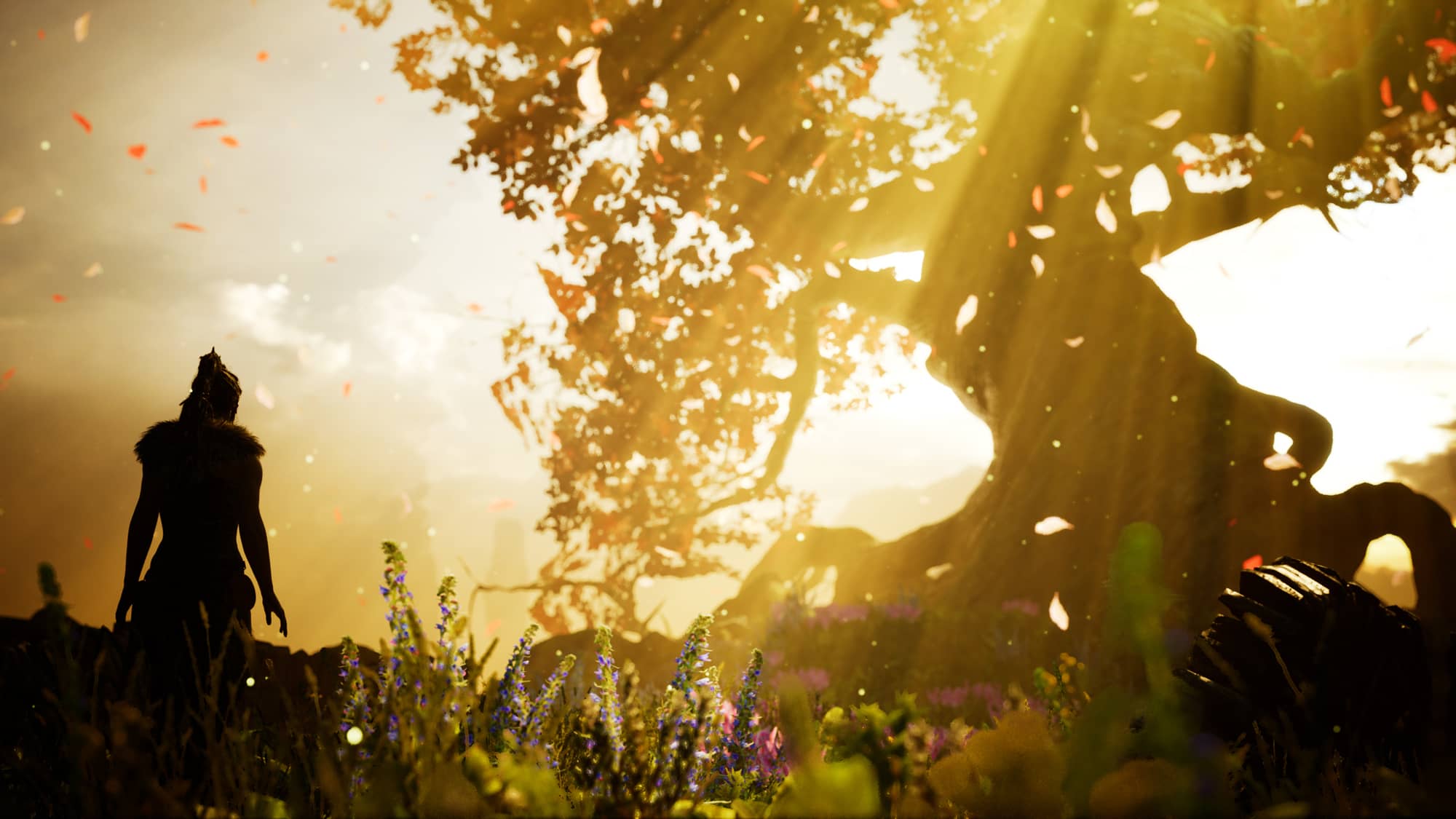
Elizabeth Ashman Rowe was Historical Advisor for Hellblade: Senua’s Sacrifice, an award-winning video-game set in the Norse mythological world of the dead.
Rowe coached the development team and influenced the development of the game itself. Accurate aspects of Viking history and culture were incorporated into the game, including information about pagan Norse beliefs, rituals, mythology, magic, runes and runic monuments, as well as Viking halls, temples, burials, art, artefacts, symbolism, ships and weapons.
The Hellblade video game is about a young Celtic woman whose troubled background has brought her to the edge of psychosis. She undertakes a quest to bring her slain lover back from Helheim, the Norse realm of the dead, a task complicated by the voices in her head and the uncertain boundary between reality and hallucination.
The game also drew on the expertise of Paul Fletcher from Cambridge’s Department of Psychiatry, whose work on the causes of schizophrenia, its development, and the experience of living with the disease laid the groundwork for Senua’s history, ongoing symptoms and psychological state over the course of game-play.
The game, which has reached video-game players worldwide, has had impacts on creativity and culture, generating international interest in the intersection between academic research and game creation.
Rowe’s work has contributed to Hellblade’s critical and commercial success. To date, over 1.5 million games have been sold in 18 languages to over 20 countries worldwide. The game has also won over 67 awards, including 5 BAFTAs, and a ‘Game for Impact’ award for its ‘profound social messages’. Offering a visible and experiential portrayal of otherwise invisible mental illness, it has helped challenge the stigma surrounding psychosis.
“This game is historic, it teaches you about… the superstitions of the gods of the North, and what they as a people believed those gods powers were. … I think this game… should be experienced at least once … if not for its gameplay, then for its lessons on history.”
– Comment from a player


